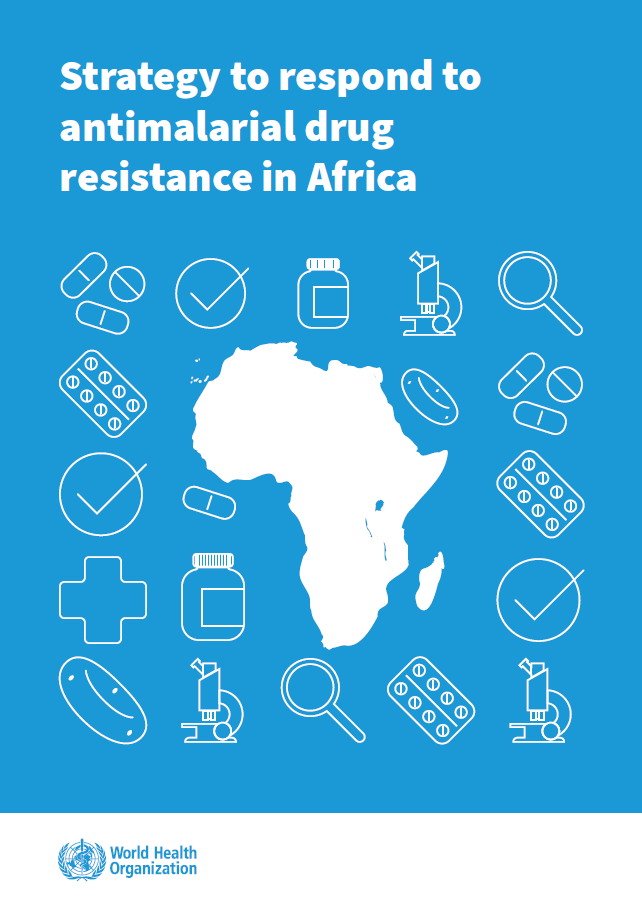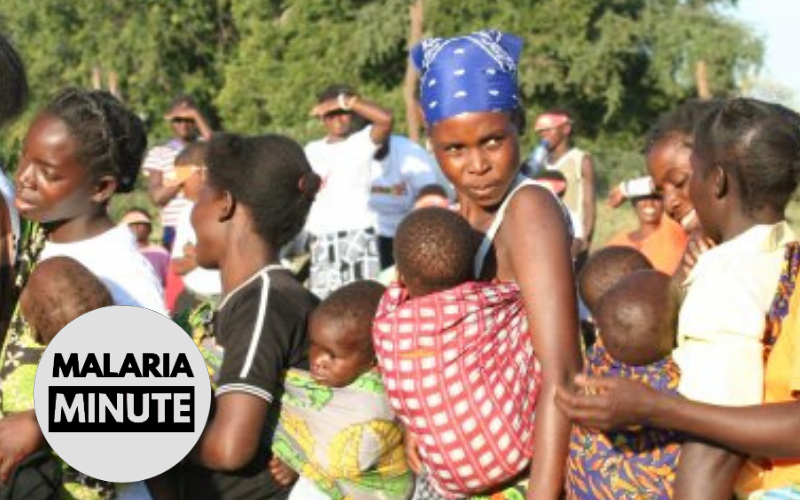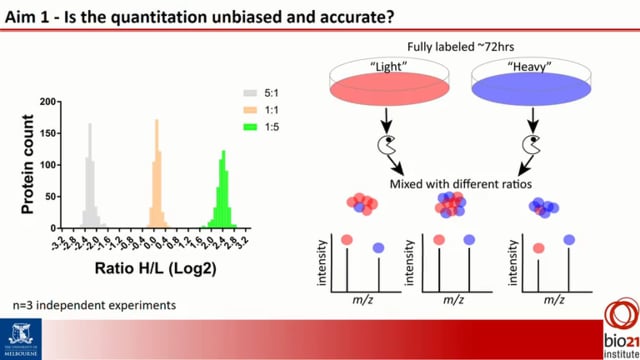Last Updated: 31/01/2025
Investigating artemisinin resistance in Nigerian isolates of Plasmodium falciparum
Objectives
To characterize malaria parasites for early signs of artemisinin resistance by carrying out both field and laboratory experiments to correlate genetic, in vitro and in vivo response of Nigerian parasites to ART-based drugs. Specifically, this study will assess the efficacy of artemether-lumefantrine for the treatment of Plasmodium falciparum in their natural human hosts and in vitro.
The devastating public health impact of malaria has prompted the need for effective interventions. Malaria control gained traction after the introduction of artemisinin-based combination treatment. Unfortunately, artemisinin (ART) resistance has been reported in South-East Asia (SEA) and there are emerging reports of delayed ART sensitivity in African parasites, suggesting imminent treatment failure. As replacement antimalarial drugs are yet unavailable, monitoring artemisinin resistance in African parasites and understanding the markers of such adaptation will be important to stop resistance in its tracks. Kelch-13 gene mutations are the markers of ART resistance in SEA. However, these markers do not provide phenotypic evidence of resistance in African isolates. This suggests that mechanisms driving ART tolerance in African parasites could be independent of Kelch-13 markers. Instead, recent findings point to the potential contribution of mutations in adaptor protein complex 2 mu subunit (ap2mu), ubiquitin specific protease 1 (ubp1) and pfcoronin genes to reduced sensitivity of African parasites to ART. There is also physiological evidence of some parasites’ ability to survive ART by undergoing dormancy and resuming growth activities after artemisinin has cleared from bloodstream. However, the causality of these mechanisms has not been established as there is yet no integrated genotype-phenotype association to determine the exact mechanism of ART tolerance in natural African parasites.
Jan 2021 — Dec 2023
$170,000


